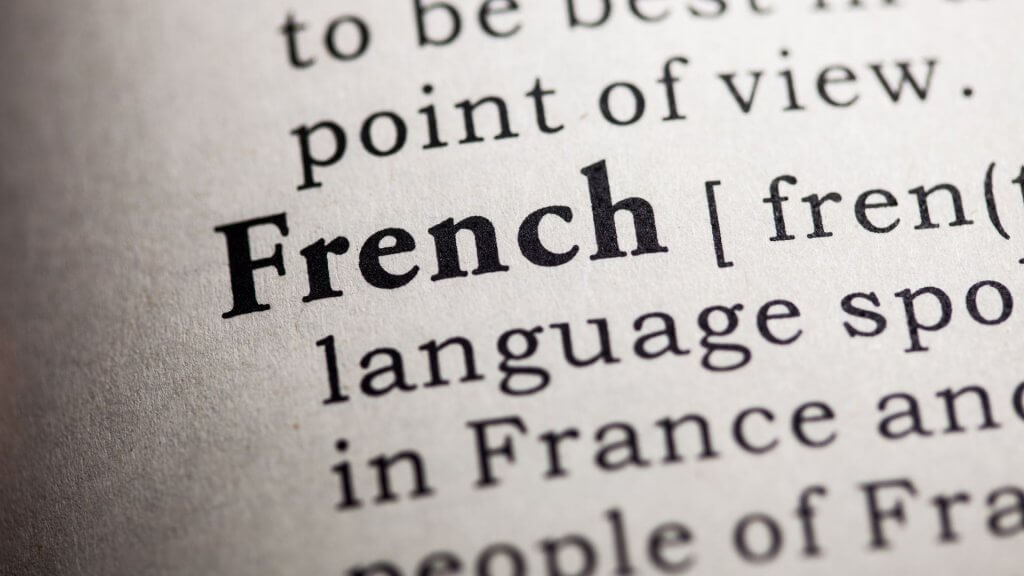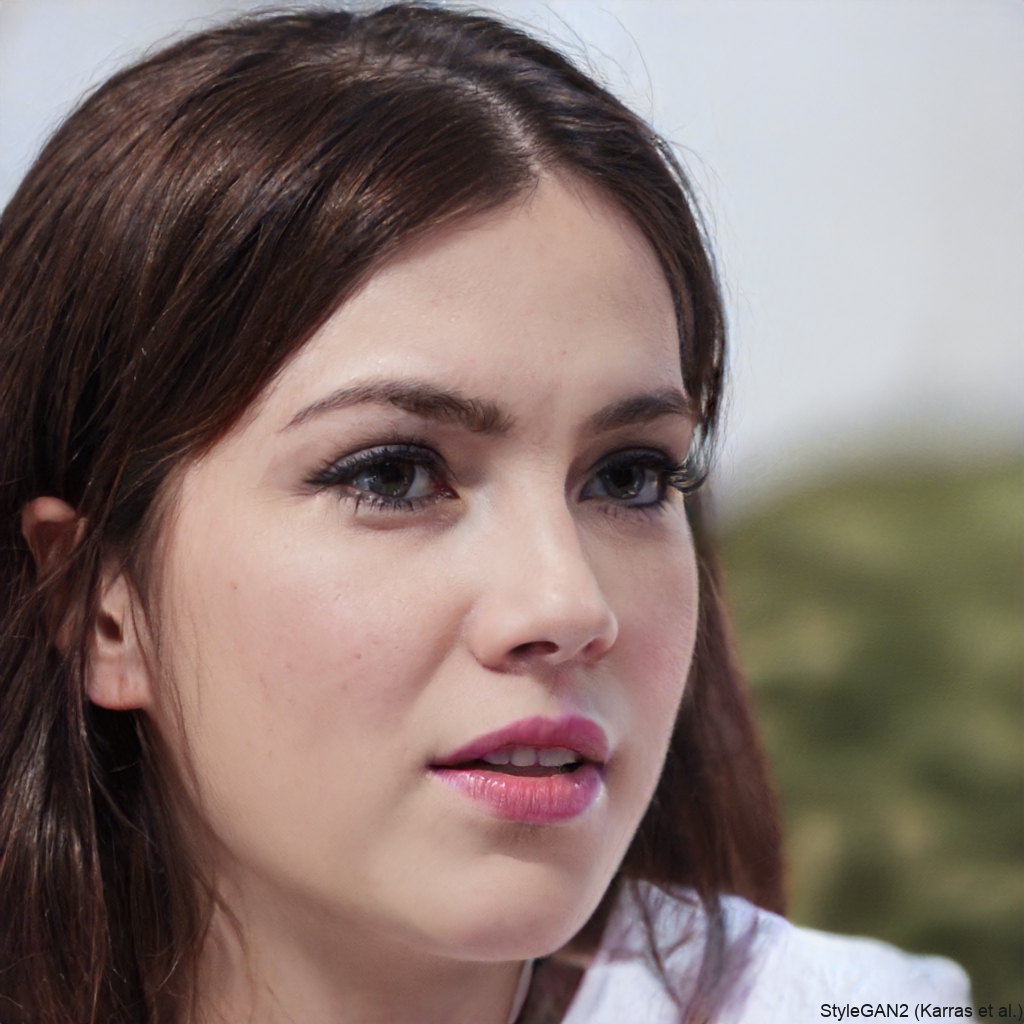Understanding the 75 most common French adjectives is crucial for anyone looking to improve their French. These adjectives are essential in everyday conversations, adding the right details to describe the world vividly. French adjectives are vital to the language, helping to describe nouns more clearly. They usually go after the noun, but some rules change their position.
75 Most Commonly Used French Adjectives
| French Adjective | English Meaning |
|---|---|
| beau / belle | beautiful |
| bon / bonne | good |
| mauvais / mauvaise | bad |
| grand / grande | big |
| petit / petite | small |
| vieux / vieille | old |
| jeune | young |
| nouveau / nouvelle | new |
| gros / grosse | fat |
| mince | thin |
| large | wide |
| étroit / étroite | narrow |
| haut / haute | high |
| bas / basse | low |
| long / longue | long |
| court / courte | short |
| rapide | fast |
| lent / lente | slow |
| fort / forte | strong |
| faible | weak |
| clair / claire | light (color) |
| foncé / foncée | dark (color) |
| heureux / heureuse | happy |
| triste | sad |
| facile | easy |
| difficile | difficult |
| cher / chère | expensive |
| bon marché | cheap |
| propre | clean |
| sale | dirty |
| chaud / chaude | hot |
| froid / froide | cold |
| sec / sèche | dry |
| humide | humid |
| doux / douce | soft, sweet |
| dur / dure | hard |
| plein / pleine | full |
| vide | empty |
| simple | simple |
| compliqué / compliquée | complicated |
| intelligent / intelligente | intelligent |
| stupide | stupid |
| célèbre | famous |
| inconnu / inconnue | unknown |
| ancien / ancienne | ancient, old |
| moderne | modern |
| riche | rich |
| pauvre | poor |
| malade | sick |
| en bonne santé | healthy |
| fort / forte | loud |
| silencieux / silencieuse | quiet |
| frais / fraîche | fresh |
| pourri / pourrie | rotten |
| mouillé / mouillée | wet |
| brillant / brillante | shiny |
| terne | dull |
| lourd / lourde | heavy |
| léger / légère | light (weight) |
| profond / profonde | deep |
| superficiel / superficielle | shallow |
| fin / fine | thin (not thick) |
| joli / jolie | pretty |
| laid / laide | ugly |
| courageux / courageuse | brave |
| lâche | cowardly |
| aimable | friendly |
| méchant / méchante | mean |
| poli / polie | polite |
| impoli / impolie | impolite |
| sage | wise |
| fou / folle | crazy |
| gentil / gentille | kind |
| cruel / cruelle | cruel |
How to Use French Adjectives Correctly
Placing adjectives in a sentence

Getting adjectives right in French is vital to clear communication. Unlike in English, where adjectives usually go before the noun, in French, they often go after. But it’s not always that simple.
Some adjectives — those that describe beauty, age, goodness, size, or number — actually break this rule. Remember the acronym BANGS to keep them straight. For instance, ‘un homme grand’ means ‘a tall man,’ but switch it to ‘un grand homme,’ and you’re saying ‘a great man.’ Knowing these differences helps avoid mix-ups, whether speaking or writing in French.
Matching adjective endings with noun gender and number
When we discuss placing adjectives, it’s just as crucial to ensure they match the gender and number of the nouns they describe. In French, adjectives must agree with the nouns they modify in gender and number.
Here’s how it works: for a masculine singular noun, you typically use the adjective in its base form. To change an adjective to feminine, you often just add an ‘-e’ to the end. For plural nouns, you usually add an ‘-s’.
Handling exceptions to the rules
French adjectives usually follow basic rules, but there are some exceptions you need to watch out for. For example, adjectives that end in ‘-Eau’, like beau, switch to ‘-beaux’ when plural and masculine instead of just adding ‘-s’. Also, adjectives that end in ‘-al’, such as normal, turn into ‘-aux’ in the plural form, not just ‘-s’. Plus, there are adjectives that don’t change at all, no matter the gender or number of the noun, like marron (brown) and super (super).
Conclusion
To sum up, knowing the 75 most common French adjectives boosts your ability to communicate in French. When you know how to use them properly, including where to place them and how to match them with nouns, you can speak and write more clearly and effectively. This basic knowledge not only helps you talk and write better but also helps you understand and enjoy the French language more. This skill is crucial whether you’re just starting out or already good at French.

